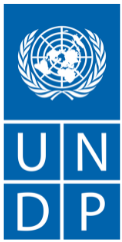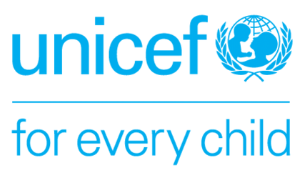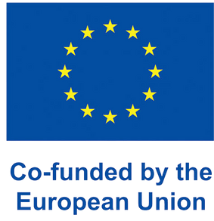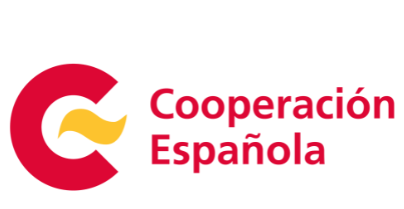The need for anintegrated approach to financing is greater now that it has ever been – tobuild forward better within the context of deep socio-economic impacts andrapid changes across the financing landscape that have been triggered by theCOVID-19 crisis.
Building on thesuccessful experience of the pilot training held for North and Central Asiancountries in January 2021, UNITAR, ESCAP, UNDP and UNDESA have teamed up -in collaboration with the country-led platform Asia-Pacific SDG Finance Facility (APFIN) - to create a knowledge sharing andlearning space for Asia-Pacific countries to share experiences related tostrengthening INFFs and to learn about possible approaches and steps forchoosing the right approach to align budgets with the SDGs.
The Asia-Pacificregion has been leading the process of strengthening the Integrated NationalFinancing Frameworks, or INFF, including some of the first SDG financingstrategies. Since 2015, many countries in the region have implemented DevelopmentFinance Assessments (DFAs), and several are working on their nationalfinancing strategies. INFFshave become even more relevant with the impact of COVID-19 and offer a useful framework toguide resource allocation and shape financing for recovery responses. Sharingexperiences of these mechanisms is hence becoming essential to form a coherentcontext-specific approach in financing with the aim to achieving nationalpriorities.
How then canINFFs be operationalised to move closer to the Sustainable Development Goals?For starters, reviewing how different types of resources can best contribute tothe SDGs and formulating a financing strategy which charts a clear path toimplementing specific measures in this direction. Further, public finance,generally controlled by governments and national parliaments, is an essentialpart of development financing. However, progress is uneven and has beenobstructed by the common misconception that a country can only strengthenbudget alignment if it has a mature performance-based budgeting system inplace.
On the otherhand, according to UNDP’s recent SDGBudgeting guidance, anycountry regardless of its budgeting system can take several steps that can helpalign the allocation of public resources with the national SDG priorities.It is imperative for these measures to be contextualised to the country. Inaddition to strengthening the budget alignment, other measures may beimplemented such as monitoring expenditures against SDGs, strengthening impactassessment, or evaluation of the effectivity of the expenses against nationalSDG priorities. Moreover, there is a broader need for strengtheningaccountability mechanisms including enabling Parliaments to play a more activerole when it comes to fiscal oversight in connection with national prioritiesand SDGs, to pro-actively influence budget formulation where national budgetingprocesses allow so and to held Governments accountable by requestingevaluations.
The main target audience for thistraining are INFF focal points and practitioners from Asia-Pacific countriesincluding representatives from Ministries of Finance, Economy and otherMinistries that may be actively involved in the INFF processes, interesteddelegates of the APFSD, Members of Parliament working on finance/budgetingissues, Supreme Audit Institutions (SAI), academia and other regionalstakeholders including UN staff. The invitations to nominate participants aresent through UNRCOs and UNDP country offices, through official channels toESCAP member States representatives, and through the APFIN for other relevantregional stakeholders.
The onlineworkshop will be delivered over 3 half-days and will dedicate the first day toa deep dive into the INFF building block on integrated financing strategies,including country cases and practical experiences based on DFA findings. SDGfinance strategies and SDG budgeting, having been identified as the first twopriorities from recent INFF consultations with the countries, will be thecentral tenets of this training. The UN partners plan to offer subsequent trainingopportunities on other INFF aspects.
The proposedtraining workshop will be held on 29-31 March 2021 back-to-back to the 2021Asia-Pacific Forum for Sustainable Development (APFSD) and will also provide spacefor connecting to recommendations from its Roundtables, and especially theRoundtable on SDG 17.




-(1)-1616579517.jpeg)











